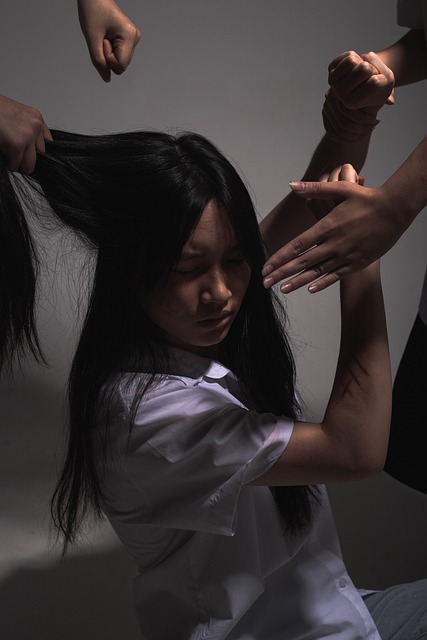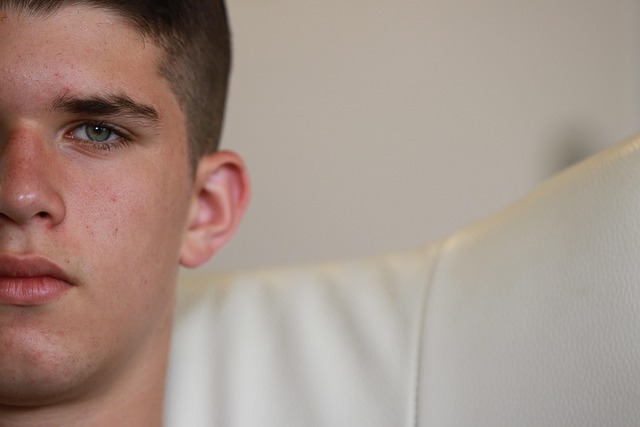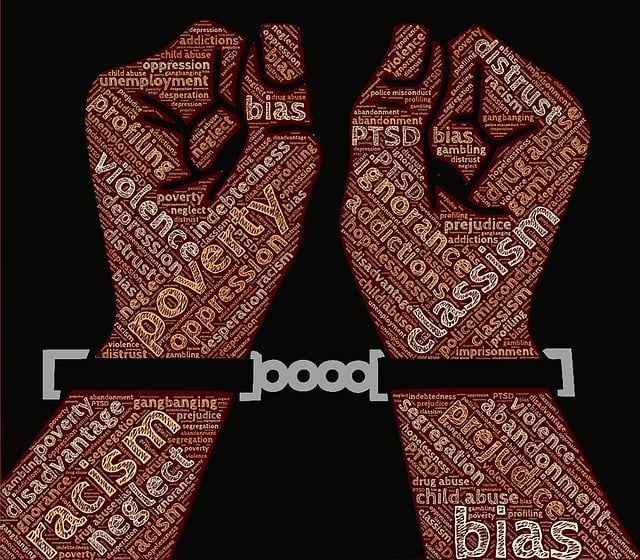Teen Challenge abuse victims require support and protection. Understanding their rights to safety, privacy, and freedom empowers them to seek justice. Building support networks offers safe spaces and resources for recovery. Legal steps involve documenting evidence, mediation, or filing lawsuits with specialized counsel to ensure protected rights and justice for Teen Challenge abuse survivors.
Many teenagers turn to programs like Teen Challenge hoping for positive change, but some instead face misconduct and abuse. This critical issue demands advocacy for survivors to ensure their rights are protected and they receive the support needed for recovery. This article explores strategies for understanding and advocating for victims of Teen Challenge abuse, including building supportive networks and navigating legal steps to hold perpetrators accountable.
- Understanding Teen Challenge Abuse Victims' Rights
- Building Support Networks for Recovery
- Navigating Legal Steps and Advocacy Strategies
Understanding Teen Challenge Abuse Victims' Rights

Survivors of Teen Challenge misconduct deserve to have their rights understood and respected. Knowing and recognizing these rights is a vital step in empowering victims to speak out and seek justice. In many cases, teens enrolled in these programs are particularly vulnerable due to their age, dependency on the organization for shelter and care, and potential threats of withdrawal or expulsion.
Victims of Teen Challenge abuse have the right to safety, privacy, and freedom from harm. They should be informed about their options, including reporting mechanisms, access to legal support, and available counseling services. It’s crucial that they feel supported and empowered to share their experiences without fear of retaliation. Understanding these rights is a critical first step in holding Teen Challenge programs accountable and ensuring the well-being of their participants.
Building Support Networks for Recovery

Building support networks is an essential step in the recovery process for Teen Challenge abuse victims. After experiencing misconduct, these individuals often need a safe and understanding environment to heal. Support networks can provide this by offering peer-to-peer connections, where survivors find camaraderie and shared experiences. This sense of belonging can be incredibly powerful in fostering resilience and encouraging open communication about their trauma.
Such networks facilitate access to resources like counseling services, support groups, and legal aid, which are vital for navigating the aftermath of abuse. By connecting victims with like-minded individuals who have faced similar challenges, these networks create a sense of community and empowerment. This collective support is crucial in helping Teen Challenge survivors reassert control over their lives, break free from cycles of trauma, and work towards a brighter future.
Navigating Legal Steps and Advocacy Strategies

Navigating legal steps is a crucial aspect of advocating for survivors of Teen Challenge misconduct. The first step involves documenting and preserving evidence, which can include medical records, witness statements, and any communication with the organization. It’s important to remember that these documents can serve as powerful tools in supporting the survivor’s claims and holding perpetrators accountable.
Once the evidence is gathered, survivors or their legal representatives should consider mediation as a potential resolution. This process allows for a more collaborative approach where both parties can work towards an agreement. If mediation fails or isn’t feasible, filing a lawsuit against Teen Challenge abuse victims may be the next step. Legal counsel specializing in personal injury or civil rights cases can guide survivors through this complex process, ensuring their rights are protected and they receive the justice they deserve.
Survivors of Teen Challenge misconduct deserve support, understanding, and advocacy. By recognizing and upholding the rights of these individuals, we can facilitate their recovery journey. Building strong support networks and navigating legal steps together empowers them to heal and find justice. Remember that every victim’s experience is unique, so adaptive strategies are key in providing effective assistance. In supporting Teen Challenge Abuse Victims, we contribute to a safer and more supportive environment for those who need it most.
